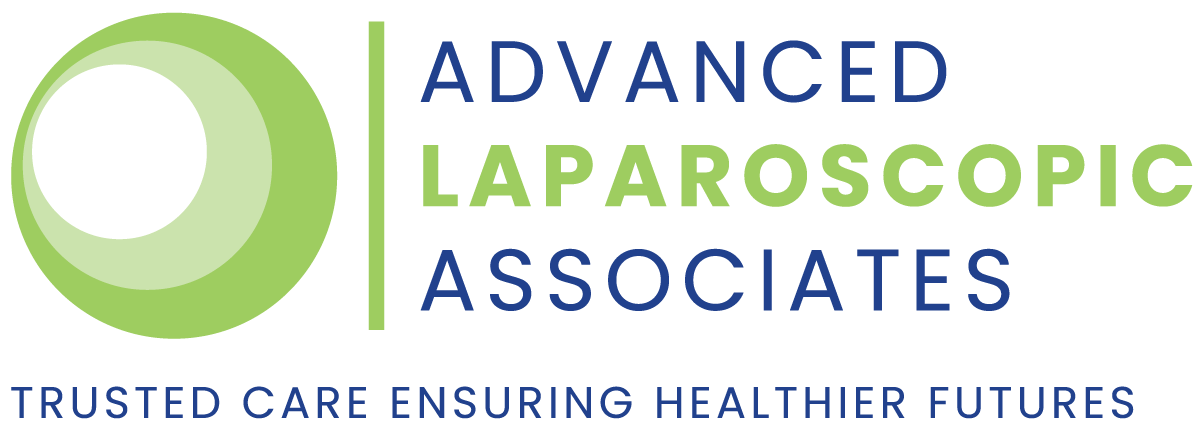Common bile duct exploration is a procedure that may be performed if your doctor suspects you have a blockage in your bile duct. It can often prevent the need for gallbladder removal if a bile duct blockage remains undetected and untreated.
Here’s more about how common bile duct exploration works and how to contact Advanced Laparoscopic Associates to request an appointment for this procedure.
Bile ducts are small, tube-like structures in your gastrointestinal system. Bile moves through these ducts to help your body break down and absorb food.
The common bile duct is the duct that connects your liver, pancreas and gallbladder to your small intestine. Sometimes, the common bile duct can get blocked to prevent bile from reaching the intestine, where it can break down food.
The purpose of laparoscopic common bile duct exploration is to look for and remove blockages in your bile duct, such as stones. Laparoscopic surgeries are minimally invasive alternatives to open surgeries, as they involve making smaller incisions and produce less downtime. During this procedure, your surgeon will make one or more tiny incisions on your stomach near the common bile duct and use small surgical instruments to identify the source of the blockage.
Choledocholithiasis is the most common reason to perform a common bile duct exploration. Choledocholithiasis is a condition in which a gallstone is present in your bile duct. Over time, when not removed, a gallstone in your bile duct can lead to a life-threatening infection.
In some instances, people with choledocholithiasis may require a common bile duct exploration and cholecystectomy, which is surgery to remove the gallbladder and stones. A doctor specializing in intestinal and abdominal surgery can talk to you in greater detail about these procedures and how they can improve your condition.
Common bile duct exploration is usually performed under general anesthesia. Your surgeon will provide you with detailed instructions regarding what to do before your procedure.
Avoid eating heavy meals the day before your surgery, and stop consuming foods and drinks after midnight. Provide your surgeon with a list of all the medications you are currently taking, as some may interfere with anesthesia or increase your risk for bleeding during surgery. You may need to stop taking certain medications for up to several days before your procedure.
There are two surgical approaches to common bile duct exploration: the transcystic approach and choledochotomy.
In the transcystic approach, a small incision is made in the cystic duct. Then, a tiny catheter is inserted into the cystic duct, through which a small amount of saline fluid is used to flush out small stones. If the stones in the bile duct are too large to be flushed, your surgeon may use other surgical instruments to extract the stones.
With choledochotomy, your surgeon makes a longer vertical incision on the cystic duct so its walls can be separated and opened. This allows your surgeon to identify and remove all the stones, or blockages, in your bile duct. Choledochotomy is typically more invasive than the transcystic approach.
Your surgeon can recommend the best approach based on your symptoms and the severity of your bile duct blockage.
Common bile duct exploration usually requires an overnight hospital stay so you can be closely monitored for complications, including bleeding, swelling of the bile duct and infection. If you have bile leakage, your surgeon may require that you stay in the hospital for another few days until it stops.
Post-operative care for common bile duct exploration usually involves resting for up to a week, during which you should avoid activities that can strain your abdomen. Your surgeon will show you how to properly care for your incision and will schedule a follow-up appointment to check on your recovery.
Advanced Laparoscopic Associates offers a wide range of bariatric and general surgeries, including laparoscopic common bile duct exploration. Contact us today to request an appointment and discuss your treatment options if you think you have bile duct blockage.

